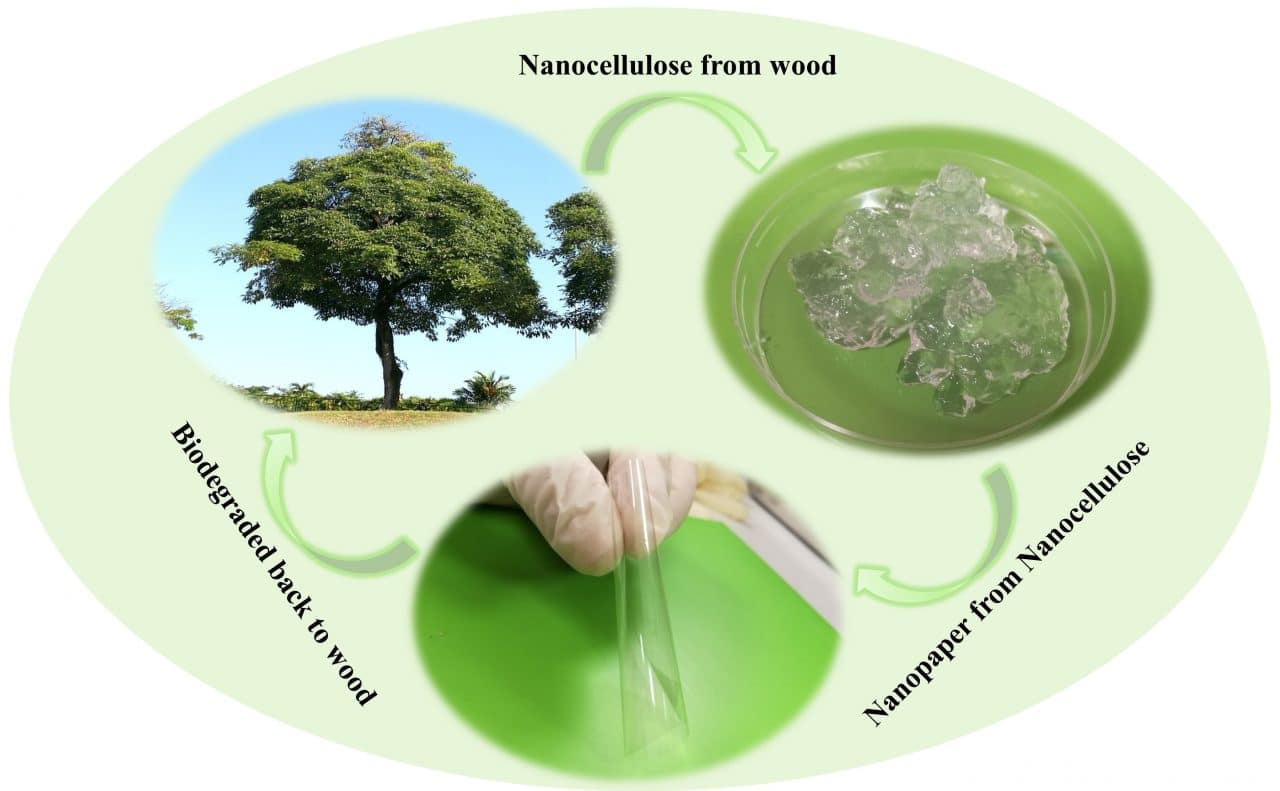MAY 1, 2021 — Transparent Path spc announced today that the platform had integrated 5G-capable sensors from Tive.
The Tive Solo 5G is “the world’s first single-use* multi-sensor tracking providing real-time visibility into the location, temperature, humidity, shock, and light of goods in transit.” The integration broadens the Transparent Path platform, enabling the company to offer both the reusable Intel 3G IoT gateways and tags and the Tive 5G option.
Both platforms provide sophisticated environmental and location data on a real-time or near-real-time basis. Real-time reporting allows alerts to be sent to shippers and buyers when loads stray from established routes or cold chain parameters. The addition of Tive’s Solo 5G product means the Transparent Path platform can leverage 5G networks where available. It also opens up a channel partner relationship between the two young companies.
Part of a broader interoperability initiative
While Tive offers a rebate program to encourage recycling, the Tive Solo 5G was conceived as a single-use tracker, which minimizes labor and cost around return logistics. However, Transparent Path is using these gateways solely as multi-use devices, to minimize our environmental footprint.
Transparent Path’s technology team is currently working with other partners to broaden the company’s value proposition. The team is actively speaking to other manufacturers and trialing these devices to identify mutual-benefit integrations. The company anticipates other trackers coming online within the next 3-6 months.
The path to recyclable — even compostable — sensors
In addition to the integration of traditional sensors, work continues toward our end goal of printed, compostable sensor technologies. Transparent Path CTO Sunil Koduri and advisor Dr. Antonio Williams are working on the design and specification for a compostable sensor offer. The team is in talks with printed electronics manufacturers around the world to identify ways to create the ultimate sustainable device: a sensor that will decompose organically within a landfill.
A major step toward this goal was announced on April 26, 2021, in Science Daily. Scientists at Duke University recently demonstrated a new wood-derived insulating dielectric ink called nanocellulose. Fully biodegradable, nanocellulose had never been used in a printable ink technology prior to the breakthrough at Duke. The new carbon-based electronics can be recovered at a rate of nearly 100%. This recyclable sensor capability is a huge step forward and brings us closer to the Transparent Path vision of a compostable sensor.

To track your product with the Tive or Intel sensor technologies, contact Transparent Path at +1 408 475 7775.
You must be logged in to post a comment.